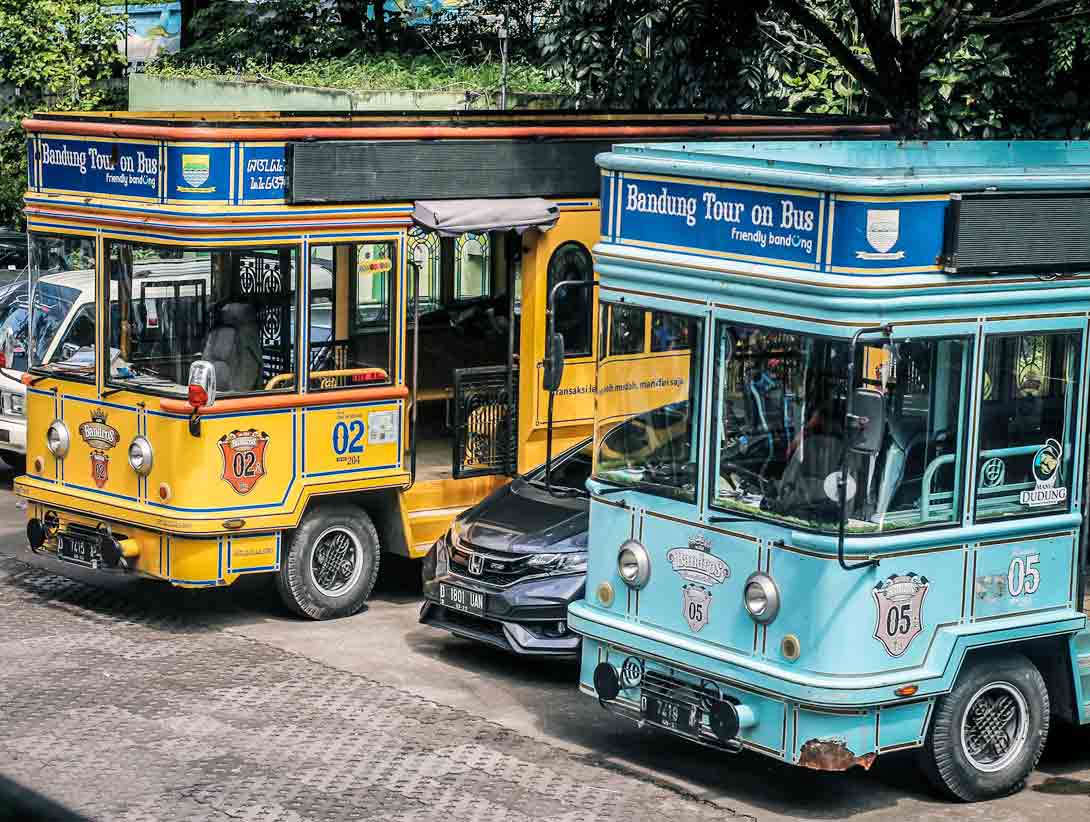Top 10 sustainability tips for tour operators
- Team
- Jun, 17, 2020
- Sustainable Tourism
- No Comments

How to make your tour operation business more sustainable
What can and should tour operators do who want to work more sustainably? In these ten tips, you will find the ten best tips to start the transition.
Tour operators who work, manage and plan sustainably have ideal conditions for a successful and secure future. Because for more and more travellers it becomes important to reduce the negative influences that their trip may cause.
Anyone who wants to make their tour and travel operations more sustainable and has so far dealt little or hardly at all with sustainable tourism often asks themselves: Where to start? What are the most important and the first steps to convert the tourism business to sustainability?
For a tour operator, the first steps are almost the same as for other tourism companies and destinations. If you take the following ten steps, you will take a big jump towards sustainable action.
1. Have a person or a department that is responsible for sustainable actions
It is important that a person is responsible for planning, implementing and measuring success. Choose a person and train them in sustainable management. At least 50 per cent of their work should then be assigned to sustainability management. It is also the one that initiates and implements the nine tips that follow.
2. Have a sustainability policy
Develop a sustainability policy. Describe your sustainability goals and how you want to achieve them. The document should not be too long and easy to understand. The sustainability policy should be freely accessible to all employees and customers, for example by publishing it on your website. You should also make this document available to partners and suppliers, with the aim that they too understand the intention of your trade and adapt it where possible.

3. Train your employees
Train your employees in sustainable action. They should learn what sustainability and sustainable action means and how to act accordingly. This is an important prerequisite. If the employees are not familiar with and convinced of sustainable action, it is difficult to achieve the goals set.
4. Statement to protect human rights and distancing from the abuse of children
Send an important signal to the outside world by publicly stating to support human rights and clearly distancing yourself from child abuse. This is even more important when you are arranging travel to and in areas where human rights are sometimes violated and children are abused and exploited.
5. Stakeholder analysis and collaboration and support
If you want sustainability for your entire product range, it is important that your suppliers and partners are also on board. Talk to your business partners and try to convince them to jump on the board. Offer them support if necessary, for example, help with training. Select new business partners according to whether they operate sustainably and avoid those who do not take sustainability seriously.
6. Monitor and measure your activities
The principle that you do not improve what you do not measure also applies to sustainability work. Therefore, analyse your work so that you can measure the impact of your activities on the environment, people, your business and the economy of your business partners. Also include the people who are not involved in your business but who are affected by your activities. This includes the local population at the destination. Measure your influence, set appropriate targets for improvement and regularly monitor the progress of this work.
7. Optimize your offer to sustainable tours
Customize your travel offer. Plan itineraries so that they are as sustainable as possible. If possible, include new tours in your programme and make sure that the tours are planned and carried out in such a way that the negative impact on the environment and people is minimised. Also try to optimize your existing offer accordingly.
8. Measure CO2-consumption and try to reduce
An important area in sustainable tourism is the impact that travel and travel activities have on the environment and climate. Therefore, measure how much CO2 your company, and especially the tours you offer, emit. Try to reduce and where possible prevent the emission of greenhouse gases (GHG) that are harmful to the climate. Tip: A good tool to measure the CO2 consumption of your offered tours is Carmacal.

9. Measure energy consumption and try to reduce
The energy used for your buildings, your vehicle fleet and all buildings and vehicles involved in your tours make up a considerable part of your carbon footprint. Investigate the energy sources and try to reduce fossil energy as much as possible and to rely more on fossil-free resources such as wind, water and solar energy.
10. Communicate your commitment and avoid greenwashing
Let the world know that the environment and people are close to your heart and that your business is sustainable. Communicate your commitment regularly. This can help to increase your reputation and at the same time attract the interest of other target groups. However, it is important to remain clear and transparent in the statements, not to make vague statements, not to exaggerate and not to make false statements. Avoid greenwashing, do not pretend you are not doing something you are not actually doing. Sooner or later something like this will be discovered and destroy your credibility.
Free Sustainability Check
Is your tour operation service or touristic business sustainable? You don’t know? No problem! We help you finding out, here and now and completely free of charge! Answer 20 multiple-choice questions get the result immediately. The check is based on the criteria of the Global Sustainable Tourism Council (GSTC).



